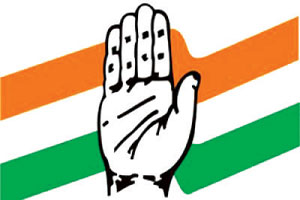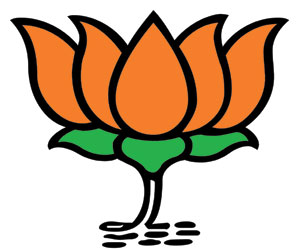
Social media – the new battleground for politics
Ishvinder Singh, Elets News Network (ENN)
Today, an individual is empowered to quickly gain comprehension of the political zeitgeist that seeks to restructure the pre-existing political, social and spiritual ecosystems. Social networks, video sharing, blogging and other Web 2.0 tools are changing the face of electoral campaigns, providing an easily accessible platform. The fundamental understanding of communication has always been at the centre of a leader’s arsenal, but a firm grasp on the future of communication can be the secret weapon that wins the war. With the advent of Web 2.0, people have a new platform to articulate and connect. Social media has done what traditional media could not do. It is giving people a voice in politics. The social media is changing the face of politics, even though it is gaining momentum in India in a gradual manner.

 Dr S Y Quraishi
Dr S Y Quraishi
Chief Election Commissioner of India
“Social media enjoys a tremendous reach globally, especially amongst the youth of today. We would like to harness this platform to motivate and educate the voters and stay engaged with them for enhancing their participation in the democratic electoral process and strengthening of our democracy”

In USA, Barack Obama took grassroots campaigning into the digital age by embracing Web 2.0 and used it as a central platform of his 2008 presidential campaign. In his campaign, technology played a key role in spreading his message of hope and change to millions of people, started aspiring for being part of that change. The campaign turned into a social movement and effectively harnessed the power of digitally networked society. Obama initially created advocates by the millions by activating youth and minority voters, while simultaneously tapping into the shared values of Democrats and independent voters who embraced both the message and the momentum.
 Renuka Chowdhury
Renuka Chowdhury
Spokesperson, Indian National Congress
 “Social media has come to stay and be an integral part of political dialogue and communication. It has created an unparalled platform for policy makers and voters to interface on social issues where its reach is instantaneous. Social media has a very crucial role to play in bridgeing the gap between rural and urban India”
“Social media has come to stay and be an integral part of political dialogue and communication. It has created an unparalled platform for policy makers and voters to interface on social issues where its reach is instantaneous. Social media has a very crucial role to play in bridgeing the gap between rural and urban India”
In India, the nationwide anti-graft movement of Anna Hazare would not have packed the same punch in case social media such as Facebook had not been around. Anna Hazare’s movement became significantly powerful on social media, primarily on Facebook and Twitter. Official Facebook page of Anna Hazare managed to engage 5.2 lakh fans and the Twitter page has 2 lakh followers. Social media kept the supporters engaged and informed about the next demonstrations across the country. High profile personalities from diverse spaces of business, politics and the celebs expressed their support to the campaign using social media.
 Rajendra Chaudhary
Rajendra Chaudhary
Spokesperson, Samajwadi party
“Social media is playing a vital role in creating a direct connect between the voters and the party. Social media is supporting us a lot especially in mobilizing youth and creating an impact”
The politicians in India have started turning tech-savvy, making their political rallies socially accessible. Social media is being used to mobilise voters — blogs, mobile phones, text messages, Facebook, Twitter and other platforms are seeing increased presence of politicians and political parties. In order to engage with iPhone lovers, BJP has launched an iPhone App – “BJP for India”. The introduction of social media in political campaigns is challenging the role of conventional media as the monopoly source for disseminating of information. Social media is being used to directly reach the target voters. Almost all political parties have marked their presence on social media, but there exists ample scope for using it more effectively.
 Arvind Gupta
Arvind Gupta
National Convener, BJP IT Cell
“Social media breaks all traditional barriers for communicating, listening and engaging with the voters. The BJP believes in the powers of this new age media and uses it very effectively during election and non-election periods.
Political parties need to realise that integrated marketing campaigns are the best tools to reach out to the young voters of India”
The shortcomings of the mainstream media such as clipping the message, distortion, sensationalism, wilfully creating confusion rather than promoting real facts have driven many youngsters into the arm of social media. The major factor behind the success of social media in public movements and campaigns is the power of engagement. The social networks have been conducive in opening up the dialogue and making public engagement a two-way street like seldom before.
What is your take on political battles being contested in social media?
WRITE BACK
for feedback contact: editorial@elets.in
Be a part of Elets Collaborative Initiatives. Join Us for Upcoming Events and explore business opportunities. Like us on Facebook , connect with us on LinkedIn and follow us on Twitter, Instagram.











